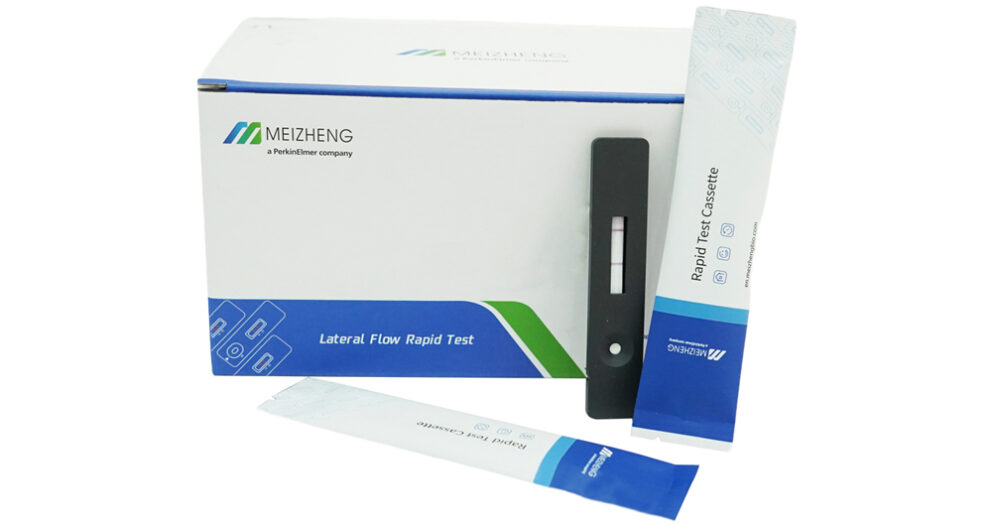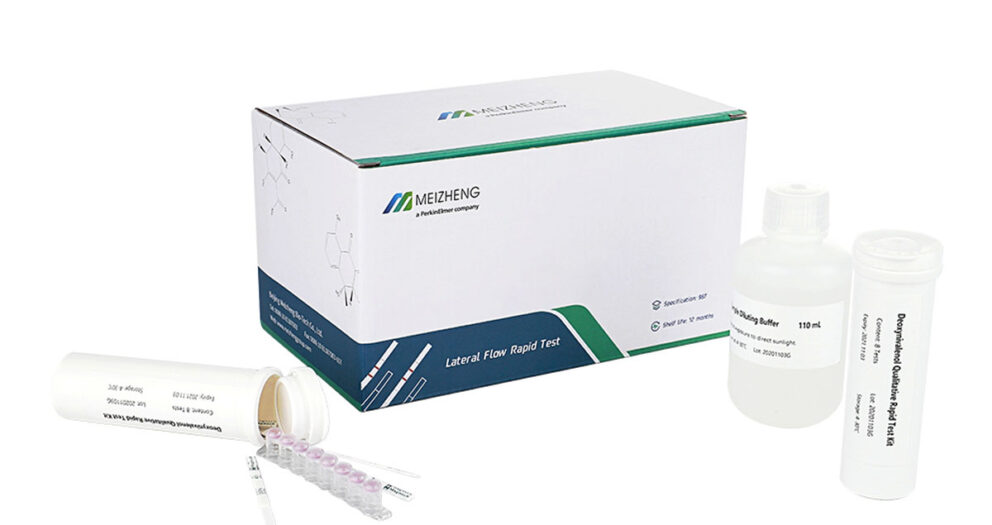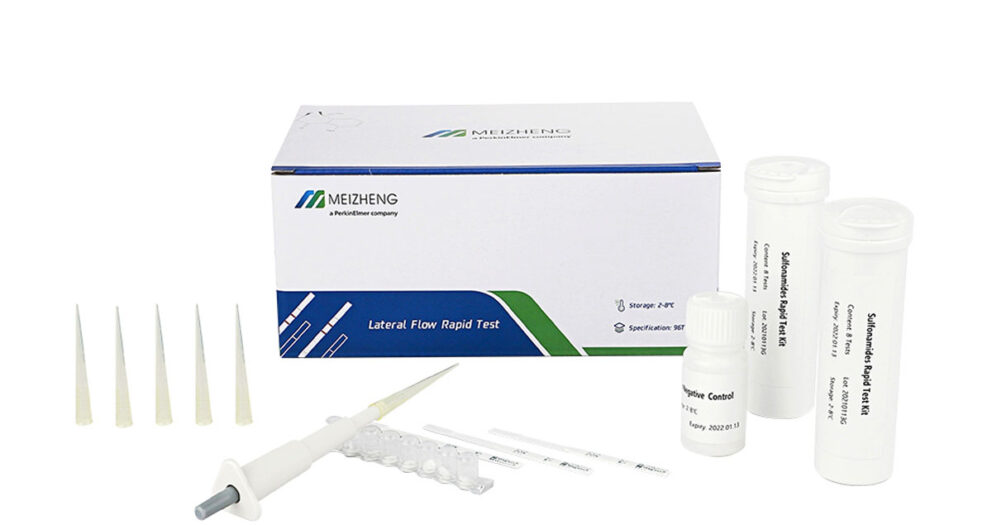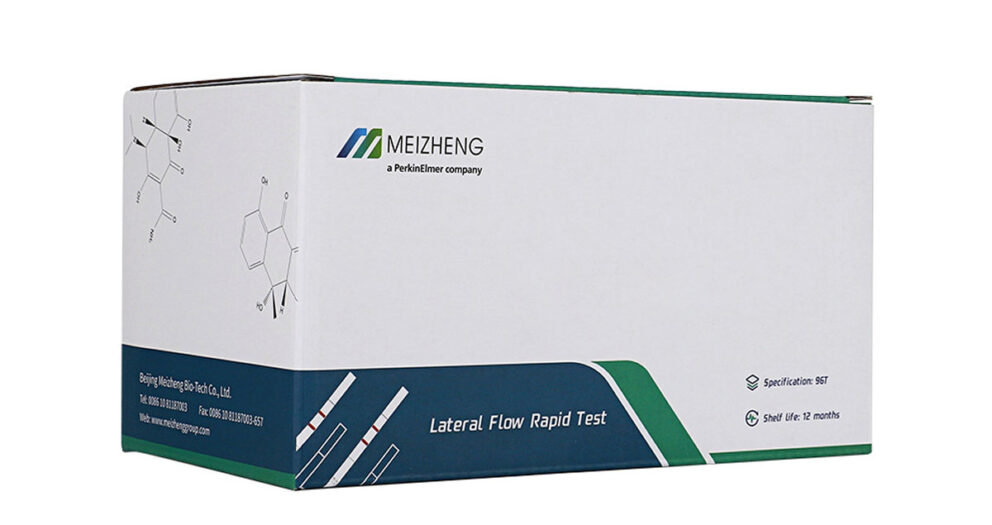On April 21, the General Administration of Customs released the information on food and cosmetics that are not allowed to enter the country in March 2022. In March 2022, 223 batches and 1 batch of unqualified food and cosmetics, such as safety and hygiene items, were detected by the national customs in the port supervision link, respectively.
The information shows that the origin of food that is not allowed to enter involves Argentina, Ireland, Australia, Pakistan, Brazil, Belgium, Germany, Russia, Ecuador, France, the Faroe Islands, the Philippines, South Korea, Ghana, the Czech Republic, Malaysia, the United States, Mongolia, Mexico, Norway, Portugal, Japan, Sri Lanka, Thailand, etc. Among them, the most came from Portugal, with 24 batches, involving three products: frozen pig sextant with bone front, frozen pig sextant with bone back, frozen pig sextant with bone middle.
Origin of food not allowed to enter the country
Among the foods that are not allowed to enter the country, the reasons for failure are mostly concentrated in the aspects of unqualified labels, inconsistent cargo certificates, detection of animal diseases, problems with the use of food additives, failure to provide certificates or certification materials as required, and failure to obtain inspection and quarantine access. There are also a small number of food items that are found to be unqualified in packaging, mildewed products, unqualified sensory inspections, containing animal and plant components that have not been approved for inspection and quarantine, detection of parasites, microbial contamination, heavy metal contamination and other issues. In addition, a very small number of foods were also found to exceed the shelf life, contain impurities, filth and spoilage, and contaminate mycotoxins.
Reasons for food not allowed to enter the country
Among them, the inconsistency of the cargo certificate is the first. It is mentioned in the Measures for the Administration of Imported and Exported Food Safety of the People’s Republic of China that the customs conducts on-site inspections of imported food according to the needs of supervision and management. Whether the actual situation is consistent with the declared information and accompanying documents.
There are 16 entry ports for unapproved food including Beijing, Dalian, Gongbei, Guangzhou, Harbin, Haikou, Huangpu, Jiangmen, Nanning, Ningbo, Qingdao, Xiamen, Shanghai, Shenzhen, Tianjin and Zhanjiang. Among them, the Qingdao port detected the largest number of non-entry foods, with 36 batches.
Ports of Entry Involved in Unauthorized Food
In addition to food, there is also a batch of cosmetics that have not been allowed to enter the country, which is: boric acid and borate components were detected in a rejuvenating and firming essence from South Korea.
It is reported that the food and cosmetics that have not been allowed to enter the country have been returned or destroyed at the port according to law.
Meizheng’s lateral flow test kits, ELISA test kits, count plates, IAC, SPE can ensure the safety of all kinds of food.







